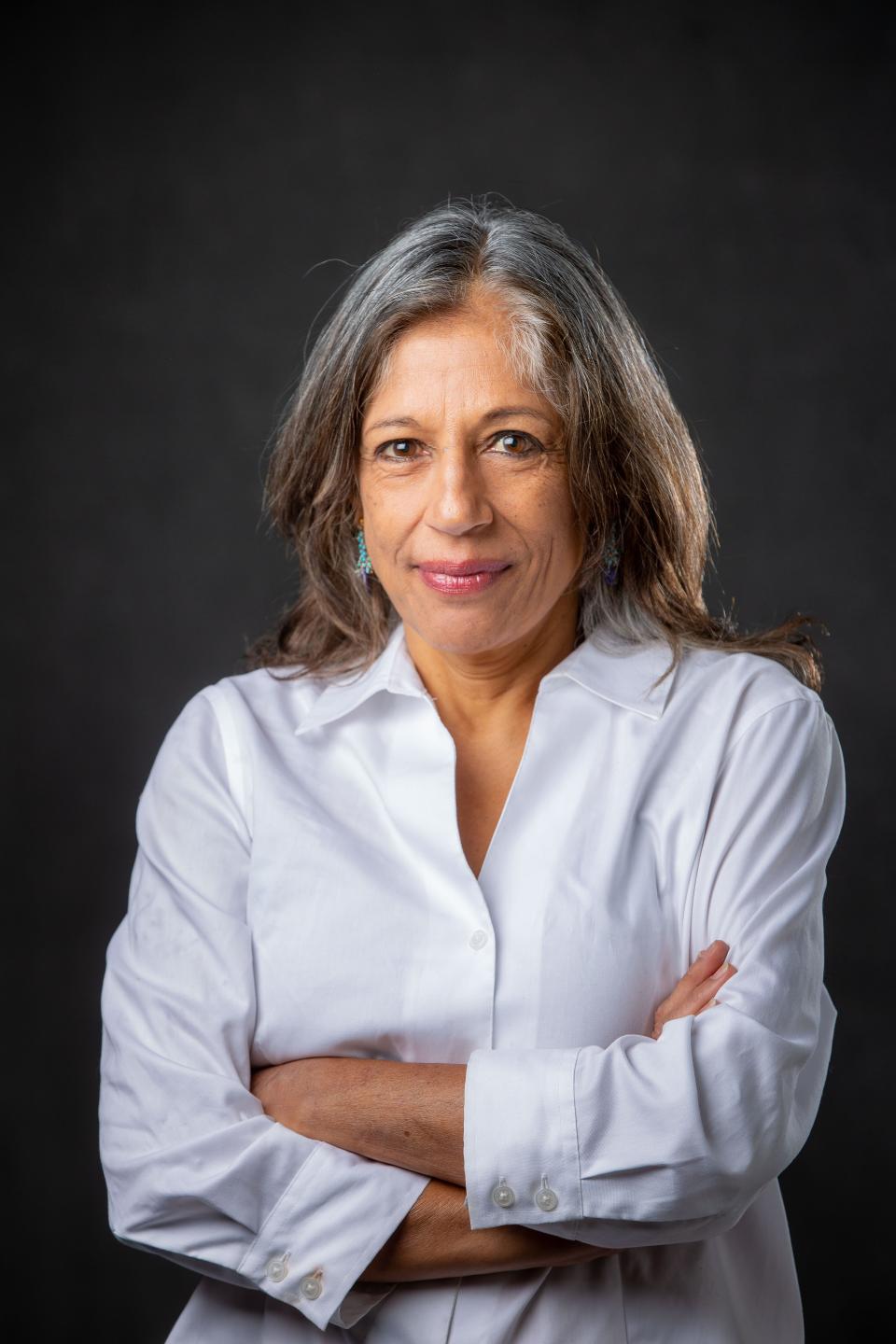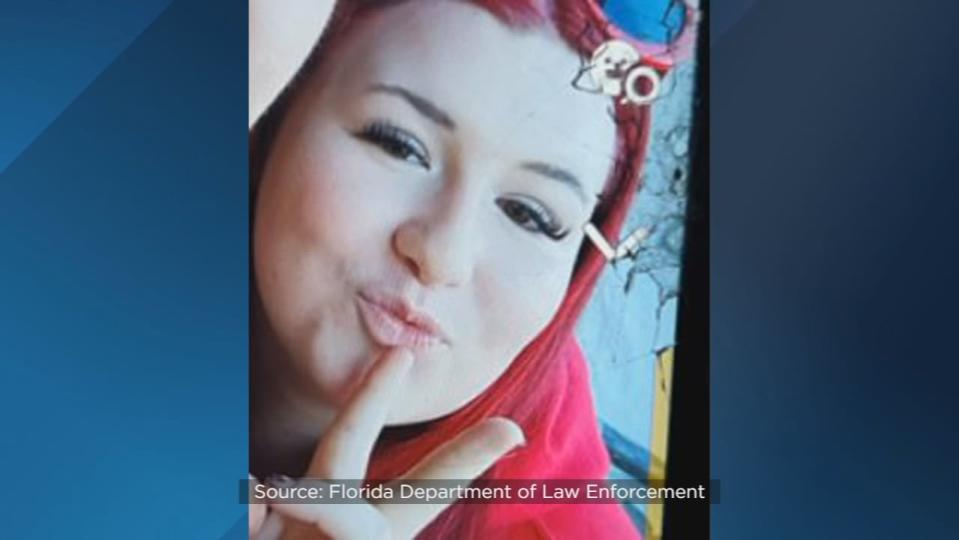As of July 1, Iowa will officially purge the longstanding state divisions for the status of women, of African-Americans, of Latinos, of Asian and Pacific Islanders, of Native Americans and of people with disabilities. Also gone will be the related state commissions that helped set policies and priorities. Those are among the 67 commissions slated for extinction representing marginalized and underrepresented communities, including people with autism, children with special health needs, aging adults and more.
If “purge” conjures up the statewide book bans already in effect, it’s no coincidence. The goals overlap: to stifle the lessons, experiences and histories of marginalized communities and to take away their voices and seats at the table.
Also vanishing as of July 1 will be a gender-balance requirement in effect since 1987 — the nation’s first — requiring proportional representation by men and women on state boards and commissions. The state Legislature and Gov. Kim Reynolds have also banned offices and personnel dedicated to diversity, equity, and inclusion, or DEI, at public universities, except where required by federal or accreditation standards.
Proponents of the purge on commissions claim it will be more efficient and cost-effective to roll their diverse goals and priorities into a single, multipurpose board. That’s laughable. The Human Rights Board is now part of the Health and Human Services Department, since the human rights agency was eliminated. Only seven of the 12 board members will have voting rights. How will the governor choose which minority representative gets to vote?
A seemingly public process produces ‘exactly what the governor wanted’
Where lawmakers and the governor see Efficiencies, some of us see Erasure. And to the efficiency point, the nonpartisan Legislative Services Agency has found that eliminating those boards and commissions will bring “a minimal decrease” in state expenses.
The process began last summer, according to Sen. Janet Petersen, a Polk County Democrat, when a new, governor-appointed Boards & Commissions Review Committee held a series of meetings aimed at reviewing and reforming the state’s many citizen-led panels. Petersen doesn’t think periodic reviews are necessarily bad, but, as it turned out, in her words, “The process, instead, felt like a charade, and ended, predictably, with a report suggesting exactly what the governor wanted.”
Petersen is now fearful that many of the eliminations “threaten the safety and well-being of Iowans and jeopardize funding streams for programs that save Iowans money.”
“Democracy without public input, public access, and oversight is not democracy,” she said. The political motivations are blatant.
“It’s decreasing the number of voices that might not agree with the governor,” observed Keenan Crow, a lobbyist for One Iowa, the LGBTQ rights organization. The LGBT community hasn’t even had a state commission but registered its official opposition to the bill eliminating the 67.
The rationale given for dispensing with the gender-balance requirement on boards and commissions is likewise unconvincing. The governor-appointed task force that supported the proposal said each of the state’s top elective offices has at some point been held by a woman, so there should be no problem now. But one token woman in one higher position one time means little — especially if that woman opposes broad representation of others.
We’ve very much not solved problems of inequality and discrimination
Rooting out historically and culturally embedded inequities is an ongoing process. The specific issues may shift, but entrenched mindsets and biases remain. Some examples:
-
Women in Iowa earn on average 82% of what men here make.
-
The city of Des Moines just paid out $2.4 million to resolve four female employees’ sexual harassment and discrimination lawsuits.
-
And Iowa women may also soon lack the right to terminate their pregnancies after six weeks if the courts allow a law signed by Reynolds to stand.
The closures take effect so swiftly that no one’s saying if the annual Iowa Women’s Hall of Fame ceremony, held since 1975 by the Iowa Commission on the Status of Women, is still on. It’s scheduled for Aug. 24, Iowa Women’s Equality Day.
The Iowa Commission on the Status of Women office was established in 1972. For 22 years starting in 1985, its executive director was Charlotte Nelson, who initiated the newly expunged gender-balance legislation for state boards and commissions. She also initiated equal pay legislation, advocated for women’s pensions, welfare, insurance, divorce rights, nontraditional jobs, housing, education, and credit. She worked with the Iowa coalitions against domestic violence and sexual assault to train police, prosecutors and judges on rape within marriages, and laid the groundwork for that to become a crime.
Nelson passed away last July. Dianne Fagner, a friend of hers who worked with her against domestic violence, had planned a public celebration of her legacy later on the day of the Hall of Fame ceremony. Fagner now sees Nelson’s legacy being erased with the dismantling of the apparatus that enabled changemaking. “That’s why those commissions exist,” said Fagner, noting of the governor and Legislature, “They’re erasing those voices.”
Nelson saw the writing on the wall back in 2011 when she herself was inducted into the Hall of Fame. “The state’s commitment to equality is not clear,” she said then. “A strong state agency to advocate for women is vital.”
Iowa is 88% white. Differential treatment by law enforcement and disproportional incarceration rates endure. So do gender and race-based pay inequities. So does assault. Misogyny and racism remain deeply rooted in our institutions. Even with laws in place, new violations continue to arise, and must be thoughtfully tackled. That takes awareness-raising, story-sharing and training of service providers.
The anti-DEI impact on higher education is already being seen. In a video clip making the rounds, as Iowa State University President Wendy Wintersteen tells the Board of Regents how ISU is complying with state law, she talks of establishing learning communities “so that a young man, young white man, from rural Iowa, could come and be in a learning community and find the place where they could belong.” It sounded, as the online journal Newsone quipped, as if she were suggesting a young white man would have a hard time fitting into a school that’s more than 72% white.
A plan to ‘make America white again’?
To be fair, Wintersteen was describing what she called an ongoing ISU initiative since its inception in the 1860s to help everyone feel they belonged. But it’s also true that nowhere in her point-by-point report on how ISU is meeting the many anti-DEI directives did she address the special challenges minority populations often face on campuses and how the new rules would set back progress.
Ako Abdul-Samad, a Des Moines Democrat who just retired from his Iowa House seat after 18 years, said the impact of the cuts and bans and office closures will be “devastating.” He sees a national Republican agenda “to make America white again,” filtering down to the states. And he thinks most Iowa Republicans don’t understand the damage people of color will suffer.
“You attack the whole system of equality at every level,” he says of what’s happening here.
Indeed. Iowa’s big table has fewer and fewer seats around it, making it less representative, less equitable and less democratic.

Rekha Basu is a longtime syndicated columnist, editorial writer and reporter, whose work has appeared in all but two U.S. states. She retired in 2022 as a columnist for The Des Moines Register.
This article originally appeared on Des Moines Register: In purging diversity, Iowa attacks ‘the whole system of equality’
Signup bonus from




